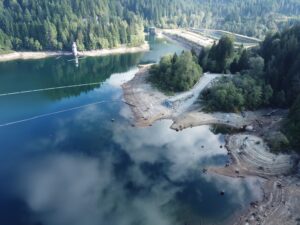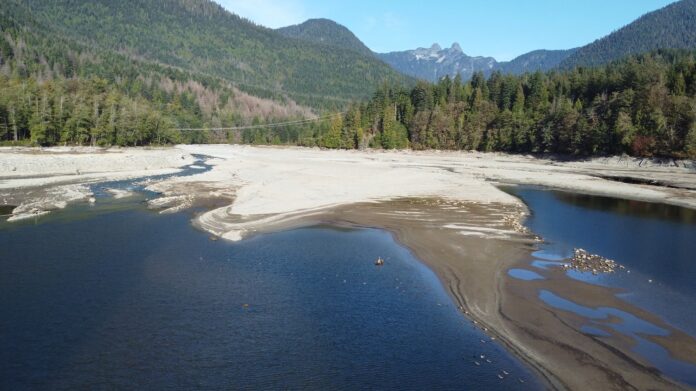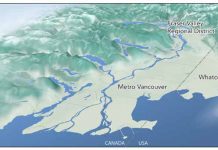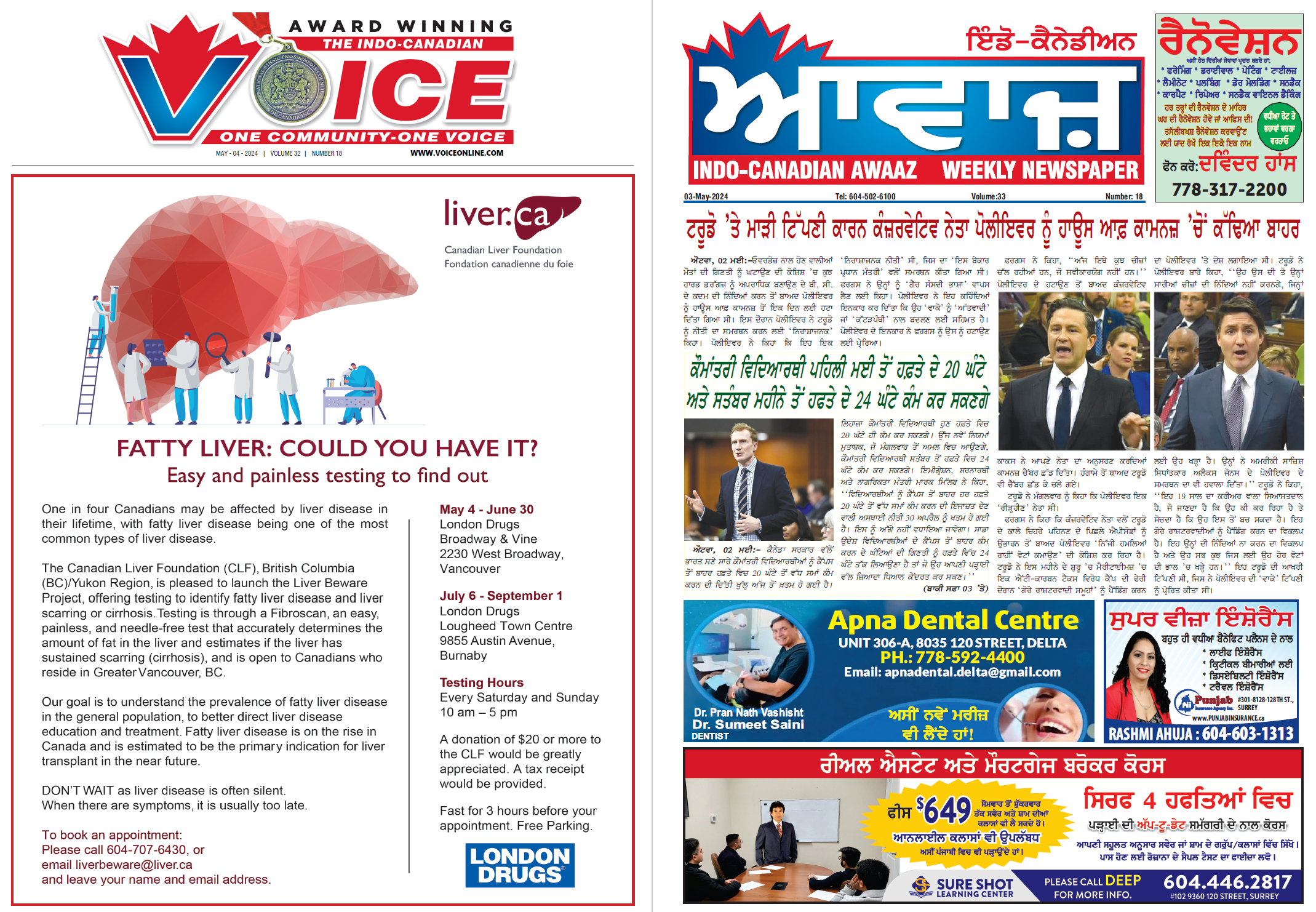AS we continue to navigate this prolonged stretch of dry weather — and with little relief in the long-term weather forecast — Metro Vancouver is encouraging residents and businesses to use less treated drinking water so that we can continue to meet the region’s needs.
“Our current water use is about 20-per-cent higher than normal for this time of year,” said Malcolm Brodie, Chair of Metro Vancouver’s Water Committee, on Thursday. “Our reservoir levels are lower than we typically see for this time of year, and this higher-than-expected water usage is leading to ongoing drawdown of our water storage reservoirs.”
Since August 1, watershed areas have received approximately 50 millimetres of precipitation. On average, we typically see around 400 millimetres of precipitation between August 1 and mid-October. Last season watershed areas received over 650 millimetres of rain during this period.
Fall rains replenish the drinking water reservoirs, and runoff from seasonal snow keeps reservoirs topped up until the early part of the summer. Reservoirs gradually draw down over the drier summer months when river inflows are low and water demand is higher. River levels are currently at record low levels for this time of year, and many streams are seeing historically low levels.
Cutting back tap water use both outdoors and indoors will help us better conserve the region’s precious treated drinking water for where it is needed most: cooking, cleaning, and drinking, said Metro Vancouver.

Photo: Metro Vancouver
Outdoors, refrain from watering your lawns and let them go golden and dormant. Indoors, simple actions such as turning off the tap while washing dishes and brushing teeth, taking shorter showers, running full loads of laundry, and using a normal, cold wash setting can produce tangible results.
“At Metro Vancouver we store, treat, and deliver water to your home – but we need your help to make sure there’s enough of it for the whole dry season,” said Brodie. “Reducing indoor and outdoor water use during this dry season will help preserve our water supply until the replenishing rains return.”
Visit welovewater.ca for more information about how to conserve water in every season.













